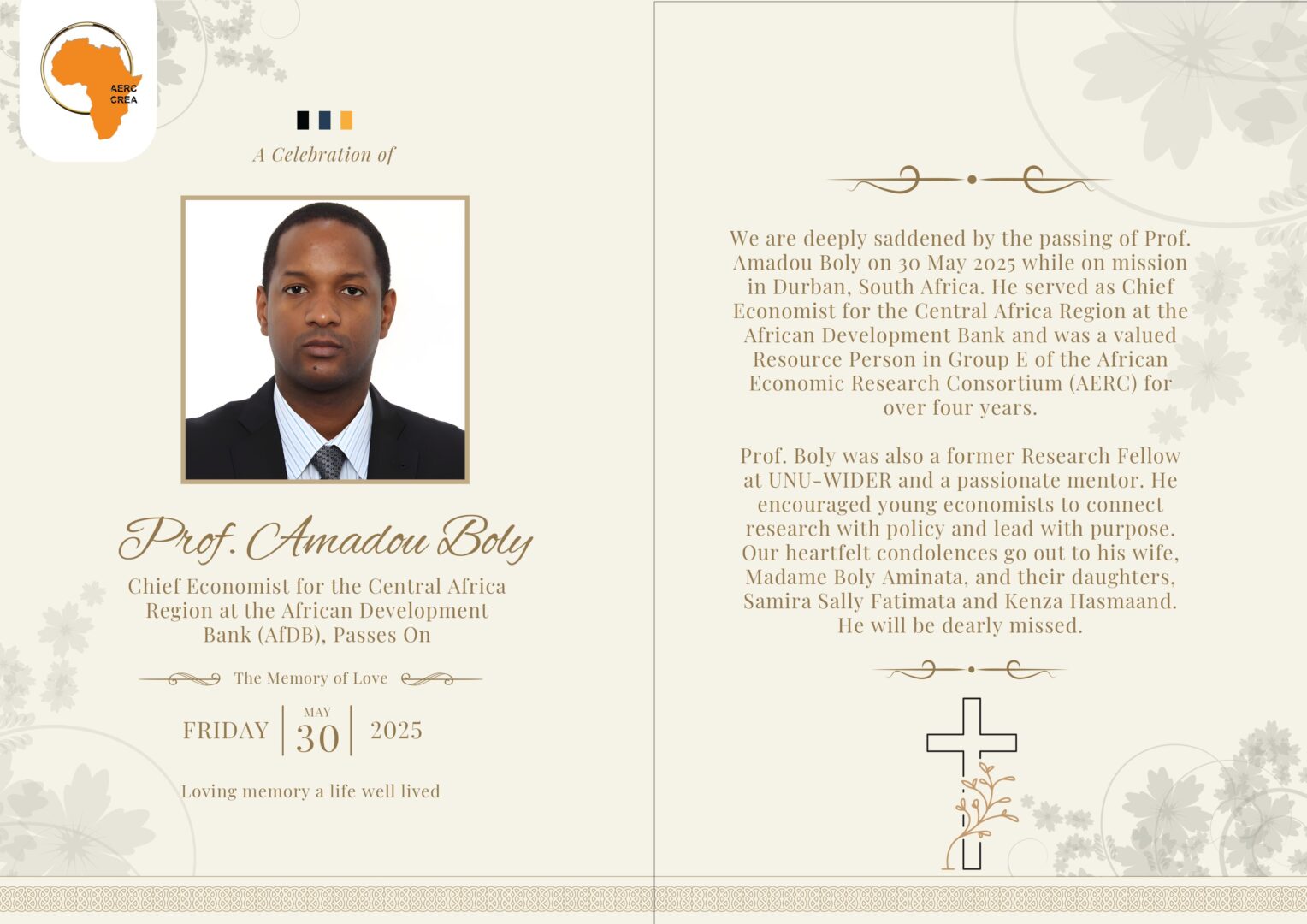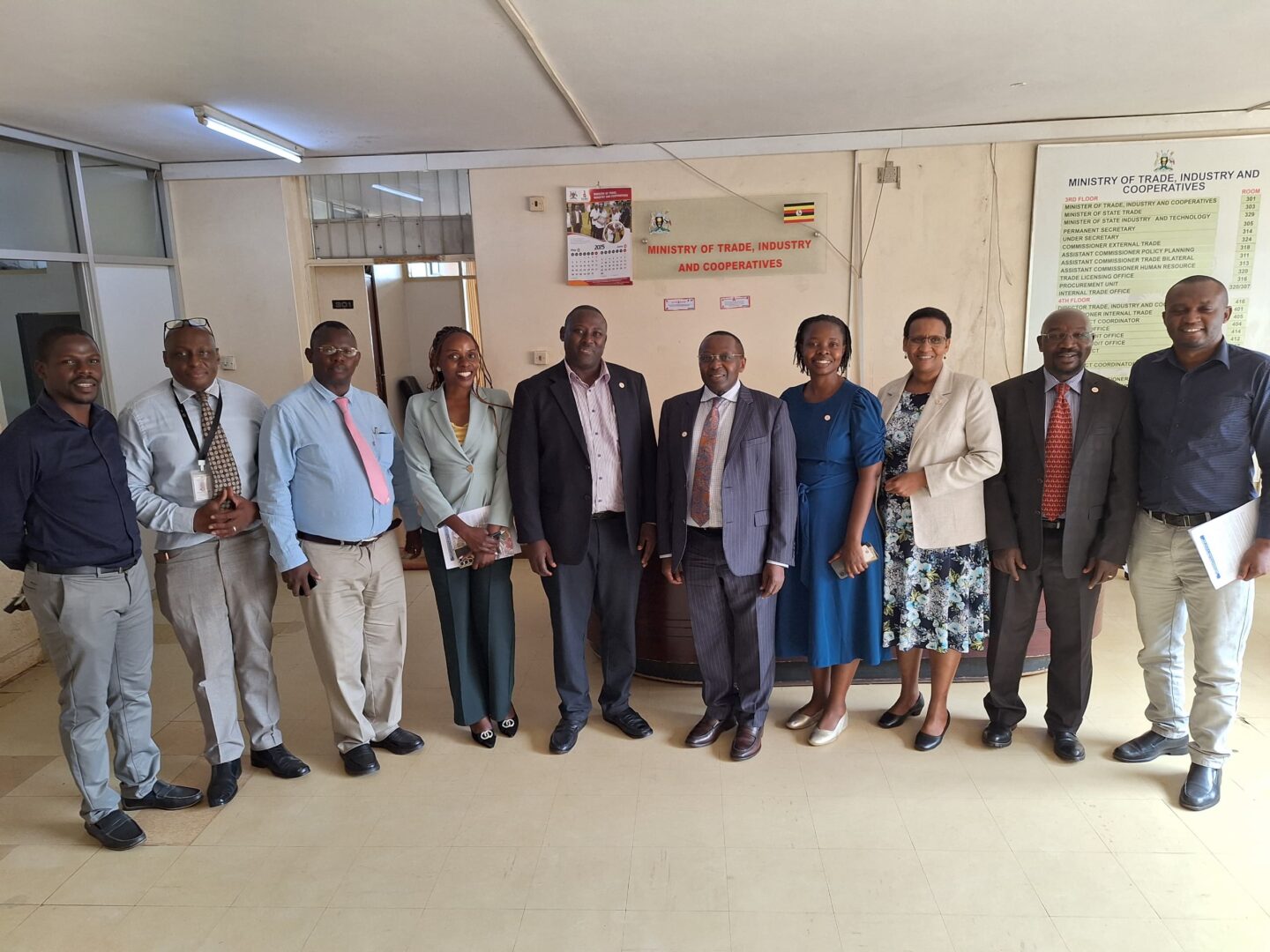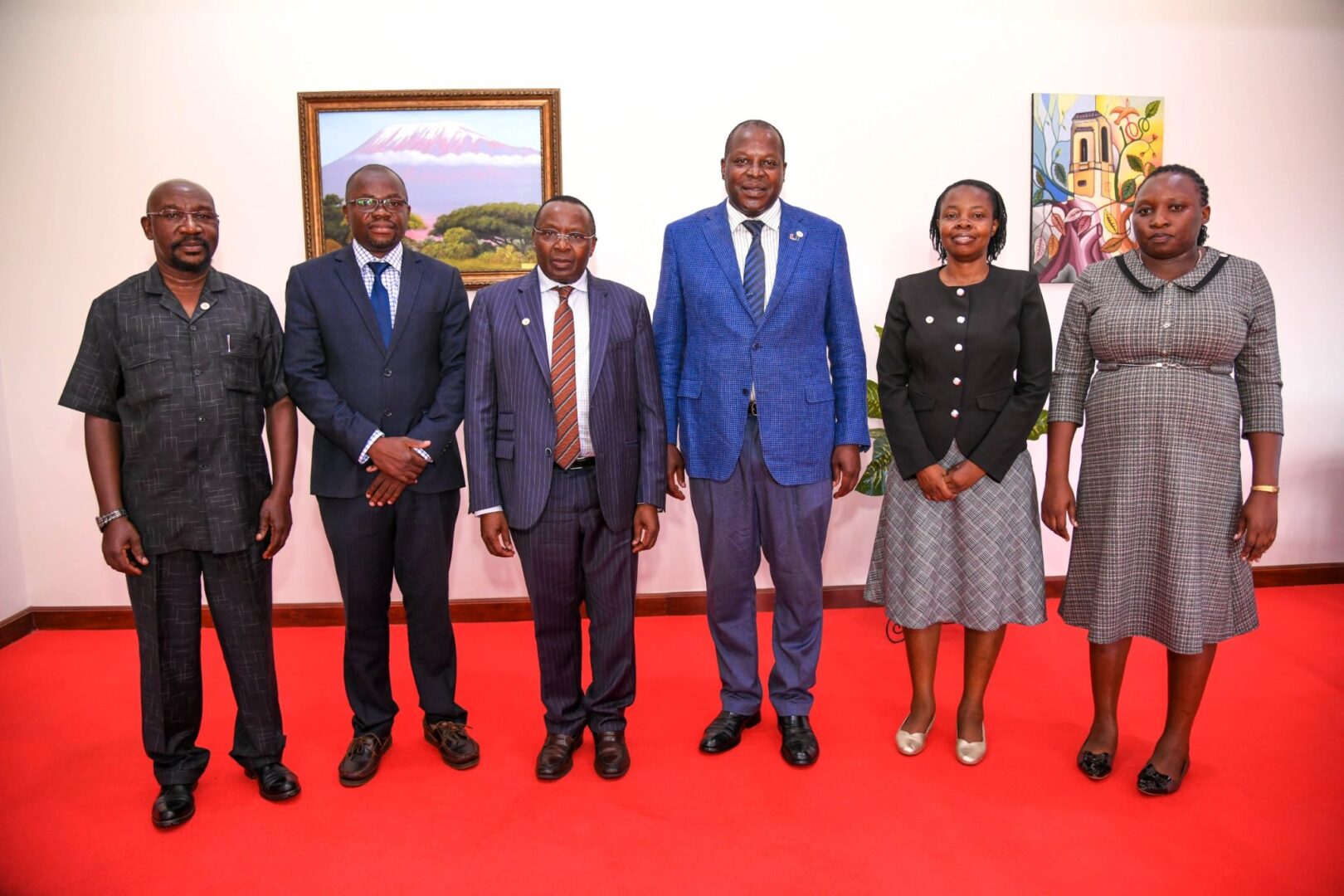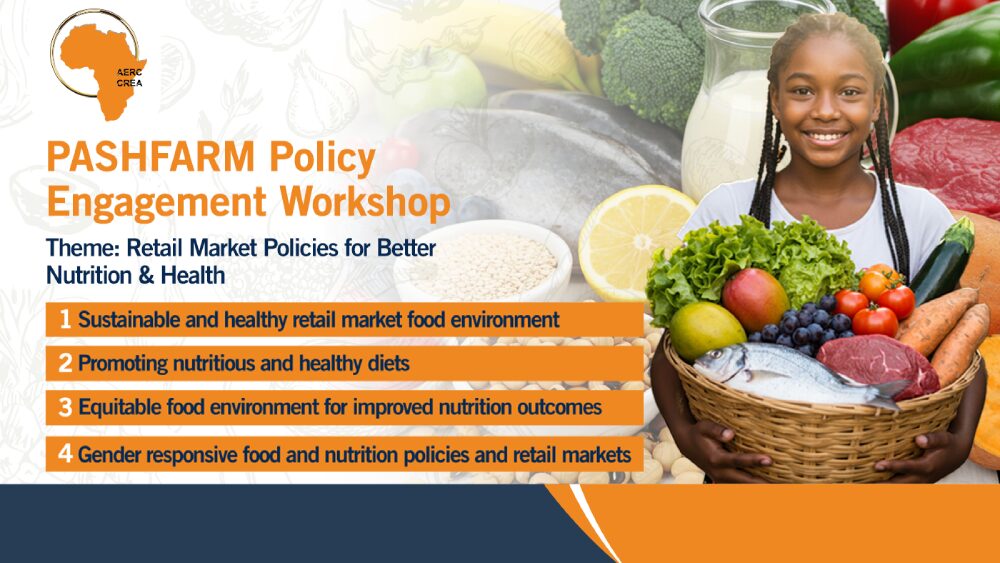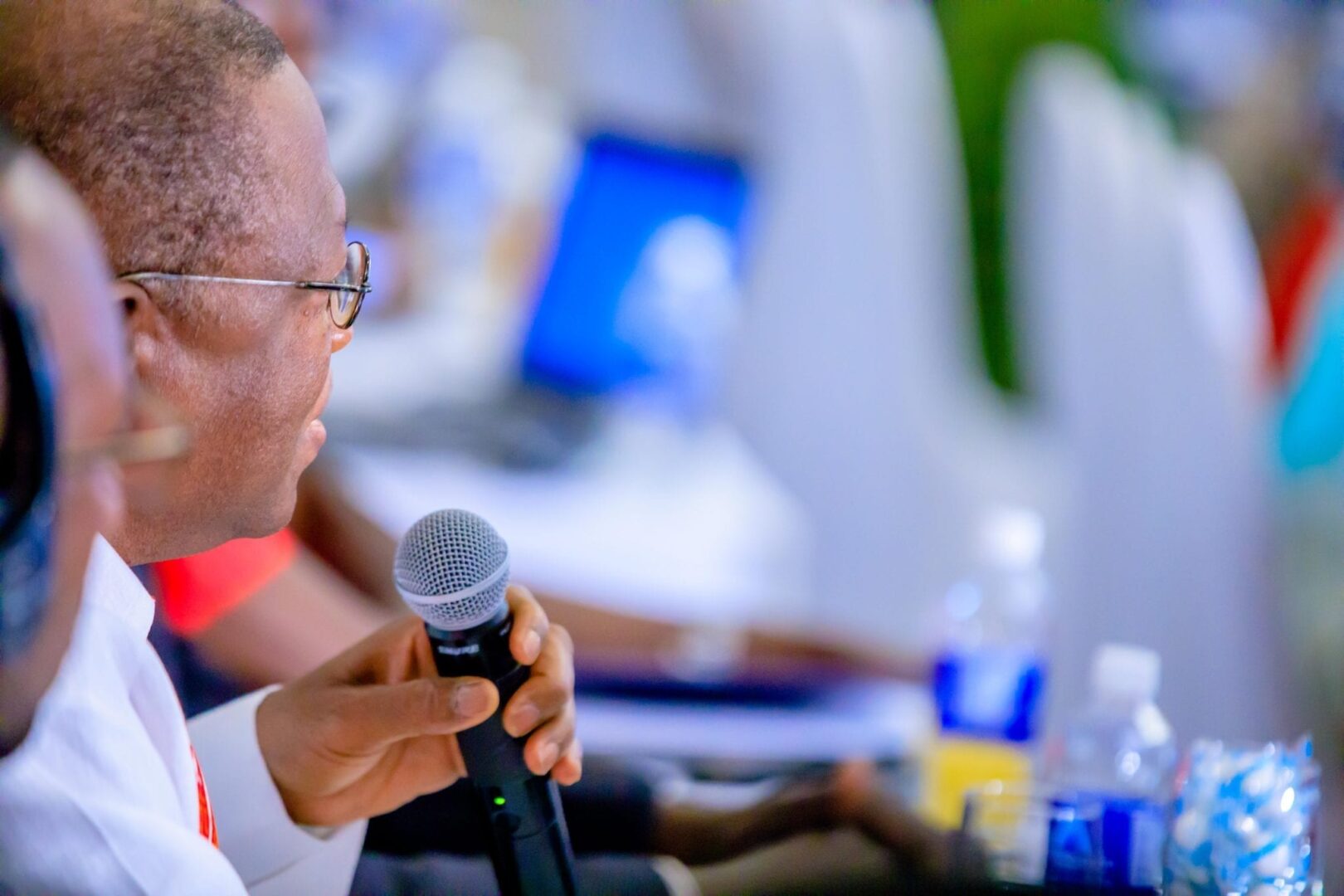

2019 Senior Policy Seminar
March 13, 2019harare declaration on
fragility of growth in african economies
Senior Policy Makers Reaffirm the Need to Address Fragility of Growth in African Economies for Economic Transformation
At the Senior Policy Seminar XXI, held in Harare, Zimbabwe, on 21-22 March 2019, hosted by the African Economic Research Consortium (AERC), in partnership with the Reserve Bank of Zimbabwe (RBZ) and the Macroeconomic and Financial Management Institute of Eastern and Southern Africa (MEFMI) on the theme: Fragility of Growth in African Economies, Senior Policy Makers and other stakeholders, private sector, international organizations, academia and civil society, from around the continent adopted a declaration as an affirmation of their strong commitment to reversing fragility in African economies through inclusive growth, development and governance.
Declaration, Harare, March 22, 2019
We, African Senior Policy Makers and other stakeholders, private sector, international organizations, academia and civil society actors assembled here at the AERC Senior Policy Seminar XXI, held in partnership with the Reserve Bank of Zimbabwe (RBZ) and the Macroeconomic and Financial Management Institute of Eastern and Southern Africa (MEFMI),
Recognising that fragility is on the rise in Africa, and that the sources of fragility of African economies are multifaceted, and include conflict and/or political instability, limited diversification of economies, climatic shocks, and youth unemployment, among others, and that fragility is detrimental to sustained robust growth;
Further recognizing that addressing fragility should be thought of comprehensively, not in isolation, but should include other initiatives such as regional integration, infrastructure development, international cooperation, technology, value chains, industrialization, capacity building, structural transformation, and effective policy frameworks;
Noting that fragility is gendered;
Also noting the vital role of pro-poor growth strategies for inclusive development, especially in such areas as raising agricultural productivity, provision of adequate infrastructure, social protection programmes, quality education and training, industrial development, technology and innovation and fostering dialogue and coordination among all relevant stakeholders;
Having also noted the commitments by African Heads of State and Government “.. not to bequeath the burden of conflict to the next generation of Africans, setting as an objective the elimination of all conflicts by 2020; expressing their determination to anchor African societies, Governments and institutions on respect for the rule of law, human rights and dignity, popular participation, the management of diversity, as well as inclusion and democracy; and committed themselves to place the African people at the centre of the Union’s endeavours and to eradicate poverty;[1];
Also, further recalling African Union’s several communiqués and press statements on the need to build peace and security in Africa as a pre-requisite for economic growth and development;
1. Call for renewed efforts towards the implementation of the AU Policy Framework for Post-Conflict Reconstruction and Development (PCRD), adopted by the 9th Ordinary Session of the Executive Council held in Banjul, The Gambia, from 25 to 29 June 2006 [EX.CL/Dec.302(IX)];
2. Take note of the important role that private sector entrepreneurs and philanthropists play in strengthening domestic resource mobilization and in channeling more investments for job creation and income generating activities in countries in fragile situations in Africa and those emerging from conflicts;
3. Affirm that fragility of growth is a critical constraint to structural transformation for inclusive and sustainable development in Africa, and thus the realization of the sustainable development goals;
4. Further affirm the need to increase investment in knowledge generation, human capital development, institutional strengthening, digital innovation and technology, youth and women empowerment, and skills transfers to address regional imbalances and thus pave the way for reduced growth volatility and fragility in African economies;
5. Commend the critical role of African Economic Research Consortium (AERC) and its partner institutions, in capacity building for promoting evidence based policies and generating the knowledge basis for decision making on such key economic policy issues as growth resilience and development.
6. Recognize that many well-meaning declarations and strategies have largely not been executed, call for immediate action, and urgency in reversing fragility of African economies.
7. Commit to improve management of our natural resources, for the betterment of our citizens, and to leverage these natural resources to diversify our economies. This includes taking deliberate measures to reduce fragility of sectors such as agriculture.
8. Further commit to pursue inclusive growth and development policies and to build more peaceful and more cohesive societies buttressed by dialogue and openness.
9. And further commit to empowering women, youth and other agents of inclusive and resilient economic growth and development through agricultural and agro- industrialization policies and strategies adopted by African governments.
10. Decide to remain actively seized on the matter.
[1] “Solemn Declaration on the 50th Anniversary of the Organization of African Unity (OAU)/AU”, adopted by the Assembly of the Union, in Addis Ababa, on 25 May 2013, on the occasion of the Union’s Golden Jubilee [Assembly/AU/Decl.3(XXI)].


